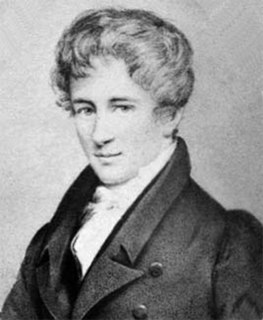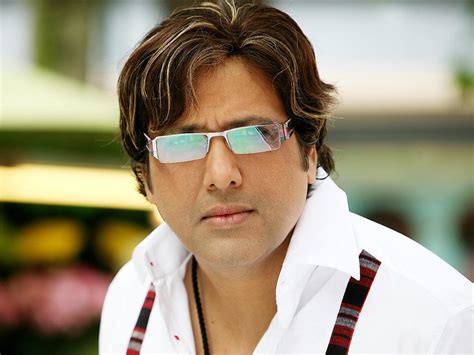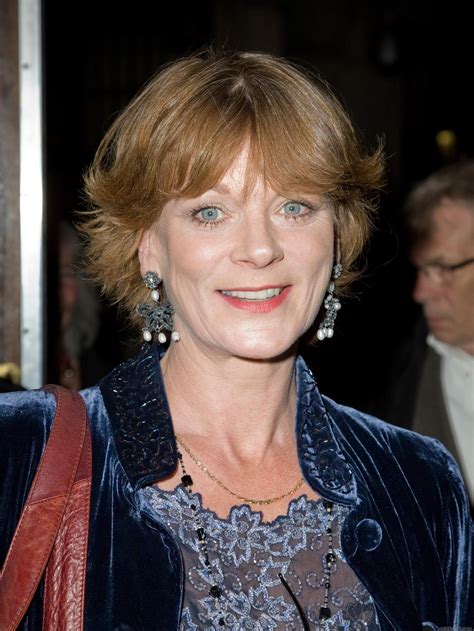A Quote by Stephen Hawking
I don't care much for equations myself. This is partly because it is difficult for me to write them down, but mainly because I don't have an intuitive feeling for equations.
Related Quotes
The power of equations lies in the philosophically difficult correspondence between mathematics, a collective creation of human minds, and an external physical reality. Equations model deep patterns in the outside world. By learning to value equations, and to read the stories they tell, we can uncover vital features of the world around us.
The mathematicians have been very much absorbed with finding the general solution of algebraic equations, and several of them have tried to prove the impossibility of it. However, if I am not mistaken, they have not as yet succeeded. I therefore dare hope that the mathematicians will receive this memoir with good will, for its purpose is to fill this gap in the theory of algebraic equations.
Like music or art, mathematical equations can have a natural progression and logic that can evoke rare passions in a scientist. Although the lay public considers mathematical equations to be rather opaque, to a scientist an equation is very much like a movement in a larger symphony. Simplicity. Elegance. These are the qualities that have inspired some of the greatest artists to create their masterpieces, and they are precisely the same qualities that motivate scientists to search for the laws of nature. LIke a work of art or a haunting poem, equations have a beauty and rhythm all their own.
It is more important to have beauty in one's equations than to have them fit experiment... It seems that if one is working from the point of view of getting beauty in one's equations, and if one has really a sound insight, one is on a sure line of progress. If there is not complete agreement between the results of one's work and experiment, one should not allow oneself to be too discouraged, because the discrepancy may well be due to minor features that are not properly taken into account and that will get cleared up with further developments of the theory.
I'm one of those writers who started off writing novels and came to writing short stories later, partly because I didn't have the right ideas, partly because I think that short stories are more difficult. I think learning to write short stories also made me attracted toward a paring down of the novel form.
Everything, however complicated - breaking waves, migrating birds, and tropical forests - is made of atoms and obeys the equations of quantum physics. But even if those equations could be solved, they wouldn't offer the enlightenment that scientists seek. Each science has its own autonomous concepts and laws.
If someone points out to you that your pet theory of the universe is in disagreement with Maxwell's equations - then so much the worse for Maxwell's equations. If it is found to be contradicted by observation - well, these experimentalists do bungle things sometimes. But if your theory is found to be against the second law of thermodynamics I can give you no hope; there is nothing for it but to collapse in deepest humiliation.
Happiness can seem like an abstract, transcendent notion, but in fact, I found that getting enough sleep (very important!!), getting exercise, not letting myself get too hungry, not letting myself get too cold (I'm a person who is always cold), made a big difference. Partly because I felt happier, partly because feeling physically comfortable makes it easier to keep other difficult happiness-boosting resolutions like biting my tongue.


































